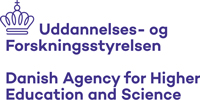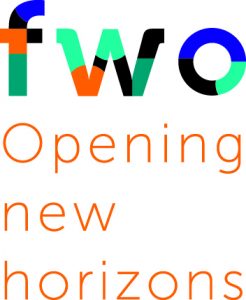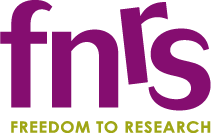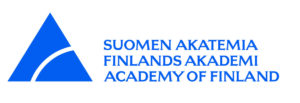
Digitalisation is transforming labour markets and altering labour relations. This has laid the foundations for the rise of digital labour platforms, which connect the supply and demand for labour. The growth of digital labour platforms has created additional income-generating opportunities for workers around the world but has also given rise to several challenges for work and health. Multiple features of digital labour platforms, such as algorithmic management (automated processes that assign, monitor and evaluate work), working hours or income have the potential to impact the health of workers engaged in platforms. Surprisingly, the Occupational Safety and Health (OSH) implications of platform work have remained largely under the radar.
Therefore, this project has two aims: 1. to examine the occupational safety and health risks and regulations of platform work, and 2. to provide recommendations to foster a safe and healthy occupational environment for platform workers in Europe.
The project uses a study design which include (both) interview methods and statistics involving platform workers living in Belgium, Denmark, Finland, Poland, Spain, Sweden and the United Kingdom.
The expected results of this project will provide new and original scientific understanding of this understudied and evolving challenge for the future world of work. The new understandings from the project will offer new guidance for policymakers, companies and trade unions to protect the health of the European workforce.
CONSORTIUM:
- Project Leader: Theo Bodin, Karolinska Institutet, The Institute of Environmental Medicine, Sweden, e-mail
- Trine Pernille Larsen, University of Copenhagen, Department of Sociology, Denmark
- Christophe Vanroelen, Vrije Universiteit Brussel, Interface Demography, Department of Sociology, Belgium, e-mail
- Chris Warhurst, University of Warwick, Institute for Employment Research, United Kingdom, e-mail
- Esteban Martinez, Université libre de Bruxelles, Faculté de Philosophie et des sciences sociales – METICES, Belgium
- Dorota Merecz-Kot, University of Lodz, Institute of Psychology, Poland
- Lauri Kokkinen, Tampere University, Faculty of Social Sciences, Finland
- Mireia Julià, Fundació Institut Hospital del Mar d’Investigacions Mèdiques (IMIM), Social Determinants and Education on Health, Spain, e-mail
- Joan Benach, Pompeu Fabra University, Research Group on Health Inequalities, Environment, and Employment Conditions (GREDS), Spain
COOPERATION PARTNERS:
- Malin Wreder, Head of Department for Education, Welfare and The Labour Market, The Swedish Trade Union Confederation
- Dominik Sczukocki, The National Science Section (KSN) “Solidarność”, NSZZ
- Dolors Llobet i Maria, Coordination Direction CCOO of Catalonia, Comissió Obrera Nacional de Catalunya (CCOO)
- Elena Juanola Pagès, The Catalan Institute of Occupational Safety and Health, Institut Català de Seguretat i Salut Laboral
- G. Barbara Skorupa, Health and Safety Work, The Association of Workers of the Occupational Safety and Health Services
- Kirstine Baloti, The Union of Commercial and Clerical Employees in Denmark (HK)
- Martin Willems, National Head ACV-CSC United Freelancers, United freelancers
 Start date
Start date
1 November 2022
 Project duration
Project duration
36 months
 Project budget
Project budget
€ 1 646 837
Funding organisations
![]()


![]()
![]()

![]()

![]()